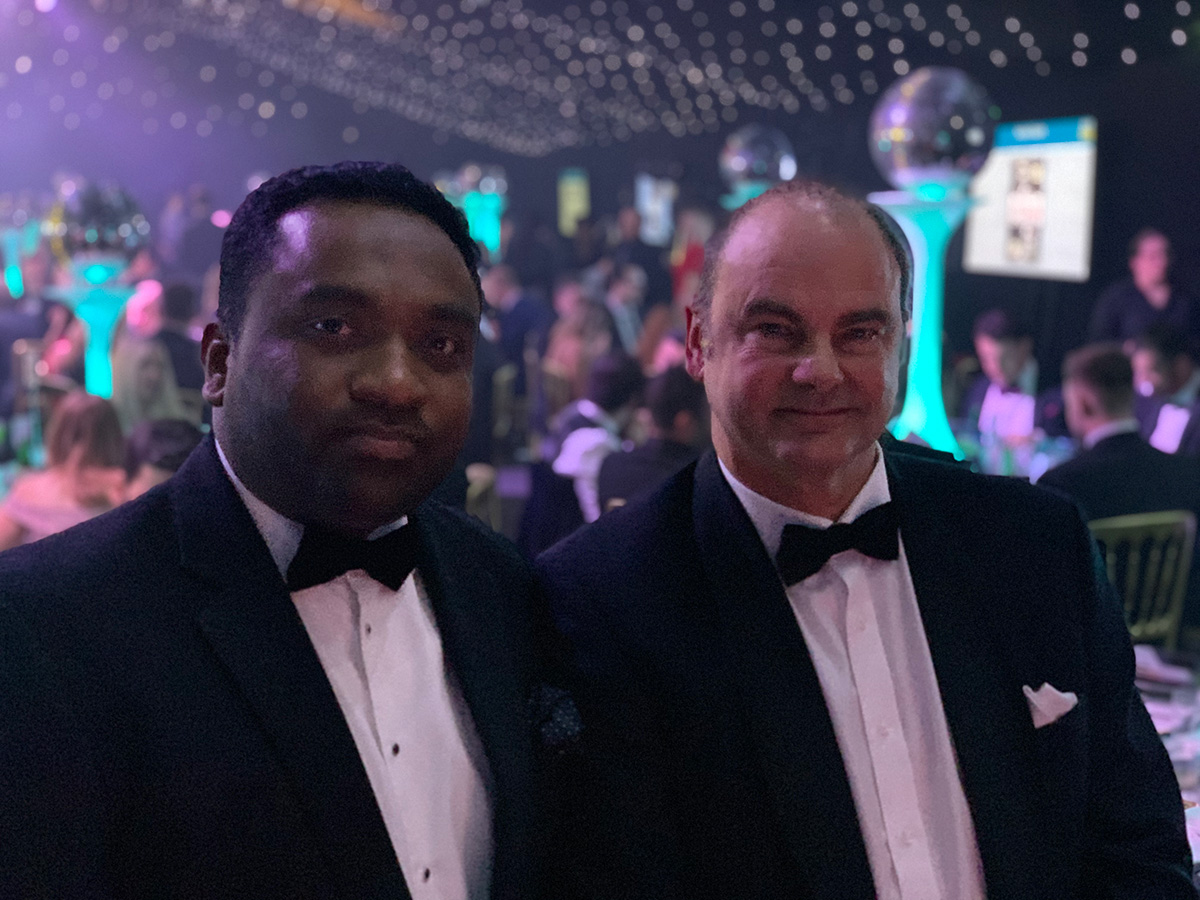Due to ongoing technological advancements, there is now a new level of personalization that has been given the name “hyper-personalization.” This level of personalization is especially helpful as customers spend more time online. A recent survey found that the average amount of time spent by an individual has doubled over the past few years, and this trend is not going away any time soon. Because more people are spending time online and using apps, there will be an increased demand for online information that is of a higher quality and more pertinent than ever before. This trend will be particularly noticeable in the fields of financial services and insurance.
LIIFT 2022 is an exclusive insurance event for the leaders of change in our industry. Leadership teams from product, claims, technology, data, and customer functions will determine next steps to increase business efficiencies and transform client experiences. A major theme of the event is ‘What blend of talent and technology is creating genuine impact?
As CEO of The Lighthouse Group, I would like to personally recognize the work of our industry in the last 12 months and celebrate that in NYC. We welcome Asurit as part of that conversation as a leader in their own field.
If you work in marketing, you’ve probably been using traditional personalization strategies to entice website visitors, keep their attention, and convert them into paying customers. These strategies can be helpful in all three of these areas. If you address customers by their first names in outreach emails or say “Hey, Kevin!” as they log into your website, you are showing that you care. Niraz Buhari said that “The Insurance Intermediaries like Smart Cover started benefitting the hyper personalisation since the beginning of 2022”.
The attention of businesses has been drawn. According to Gartner, seven out of ten boards have accelerated their digital business initiatives, and nearly half of all boards anticipate that the epidemic will change the way in which they conduct business. In order for businesses to stimulate growth, they will need to better understand their most valuable customers, who are defined as those who use the internet on a more regular basis and are willing to pay for goods and services that meet their requirements, and connect with these customers. The provision of personalised services, with the intention of gaining the attention and financial support of internet users, will be the primary focus.
The concept of personalization in and of itself is not something brand new. The rapid development of AI and machine learning technologies has resulted in the availability of tools that are easy to access. Data is generated in large quantities as a result of interactions that take place online. In addition, customers are showing a growing willingness to part with their personal information in exchange for practical benefits such as enhanced levels of personalization in the interactions they have with businesses. To create more personalised experiences for their customers than ever before, companies can now use and analyse the data they collect from their customers in real time.
The Netflix Method is a model of excellence in this regard.
The use case of Netflix is a very good example because it creates highly personalised experiences for its customers by leveraging real-time data and artificial intelligence. According to the consulting firm Accenture, forward-thinking businesses are currently focusing their attention on a cutting-edge method of marketing that is commonly referred to as “hyper customisation.” The constant availability of customer information, which is a prerequisite for hyperpersonalization, must be provided.
When it comes to the nuts and bolts of the process, it is essential to devise a personalization strategy first by analysing consumer needs and designing unique paths for each individual. After the plan has been developed, it is necessary to locate the appropriate data, technology, and architecture before beginning implementation.
But the loss of one’s privacy is undeniably the most important issue that should be taken into consideration. The gathering of additional customer information is required for personalization, and this can happen with or without the customer’s consent. Even when the user gives their consent for their data to be shared, they still risk having their privacy compromised. Businesses have an obligation to carefully consider whether or not compromising customers’ personal information is absolutely necessary to accomplish their strategic objectives. What specific kinds of data are needed, as well as how much of them? The trade-offs between personalization and privacy are something that needs to be carefully considered and openly discussed.
Traditional marketing is falling further and further behind, particularly as digital, data-first, and businesses that sell directly to customers continue to gain market share. In the cutthroat arena of digital marketing, hyper personalization presents a potential opportunity for companies to break through the clutter and provide customers with precisely what it is that they might be looking for.
In a nutshell, hyper-personalization refers to the process of displaying to customers carefully curated items and content by making use of artificial intelligence (AI) and real-time data. It enables businesses and retail establishments to provide a one-of-a-kind customer experience that is tailored to the specific tastes and preferences of each individual customer by treating customers as individuals with distinct tastes and preferences.



 Bitcoin
Bitcoin  Ethereum
Ethereum  Tether
Tether  XRP
XRP  Solana
Solana  USDC
USDC  TRON
TRON  Lido Staked Ether
Lido Staked Ether  Cardano
Cardano  Avalanche
Avalanche  Toncoin
Toncoin